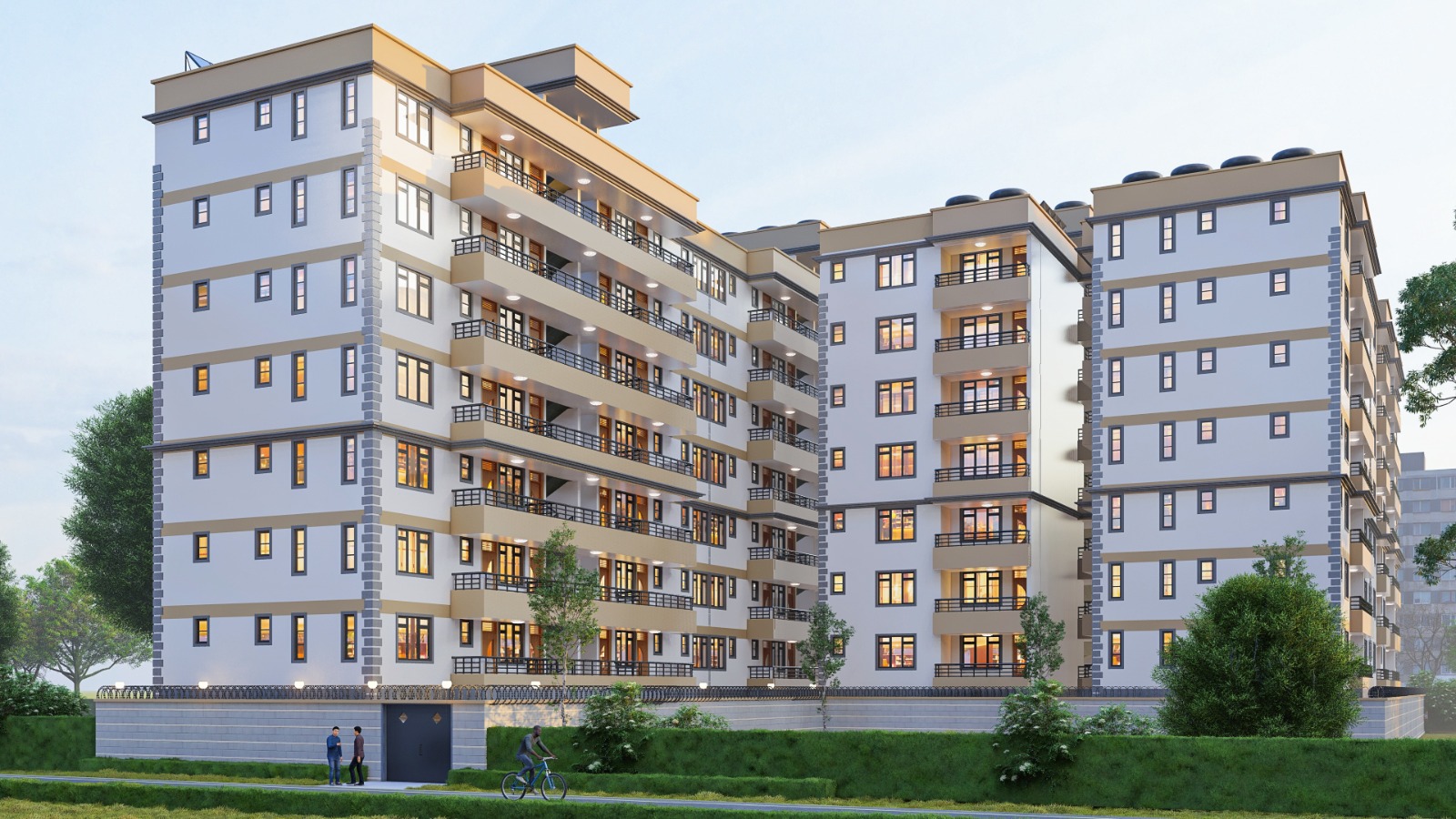- admin
- May 21, 2024
- 1020 Views
In Kenya, the construction of a commercial building is a promising yet complex venture, primarily due to the stringent approval process that ensures safety, compliance, and sustainability in building projects. Obtaining the necessary building approvals can be daunting without a clear understanding of the process. This blog provides a comprehensive guide to help you navigate the system, from application to approval, ensuring your project proceeds without unnecessary delays or legal issues.
Step 1: Pre-Approval Preparation
Before diving into the application process, it’s crucial to gather all necessary documents and ensure your project meets local zoning and land use requirements. You will need detailed architectural plans, structural designs, and site plans, all created by registered professionals. These documents should comply with the Kenyan Building Code, which outlines the safety and environmental standards for commercial buildings. It’s also wise to consult with a local architect or a planner who understands the specific requirements of the county where the building will be constructed.
Step 2: Submitting the Application
The application for building approval is submitted through the county government’s physical planning department. This typically includes multiple copies of your building plans, proof of land ownership, a land survey, and an environmental impact assessment if required. Depending on the size and type of your commercial project, you might also need to submit additional specialized reports or drawings.
Step 3: Obtain NEMA Approval
For commercial buildings, obtaining approval from the National Environmental Management Authority (NEMA) is often necessary. This involves conducting an Environmental Impact Assessment (EIA) to ensure that your project will not adversely affect the environment. The EIA report must be submitted to NEMA for review and approval, a process that ensures your building complies with environmental protection standards and contributes to sustainable development.
Step 4: County Government Assessments
Once your application is submitted, the county government will conduct its assessments. This involves site visits by inspectors to verify the accuracy of the submitted plans and ensure they comply with local regulations. The county’s planning committee will review all the documentation and inspections to decide on your application. This process can take several weeks or months, depending on the project’s complexity and the efficiency of the local authorities.
Step 5: Approval and Commencement of Construction
If your application meets all the requirements, the county government will issue building approval. This approval is typically granted with conditions that must be met during construction, such as regular inspections and adherence to the approved plans. Once you receive this approval, you can officially commence construction. It’s important to keep all approved documents on site and ensure that all construction activities comply with the approved plans and conditions.
Step 6: Post-Construction Compliance and Occupancy Permit
Upon the completion of construction, a final inspection is conducted by the county inspectors to ensure the building aligns with the approved plans and is safe for occupancy. If the building passes this inspection, an occupancy permit will be issued, which is required before the building can be legally occupied. This final step is crucial as it certifies that the building is safe and ready for business operations.
Conclusion
Obtaining building approvals for commercial construction in Kenya is a detailed and regulatory-intensive process. However, by understanding and meticulously following the required steps, developers can ensure a smoother approval process. It is advisable to engage with professionals such as architects, environmental consultants, and legal advisors who specialize in the Kenyan construction industry. Their expertise can prove invaluable in navigating the complexities of building regulations and in ensuring that your commercial project not only meets all legal requirements but is also positioned for success.
Want to learn more about Real Estate in Kenya, visit https://propertyshade.com/
